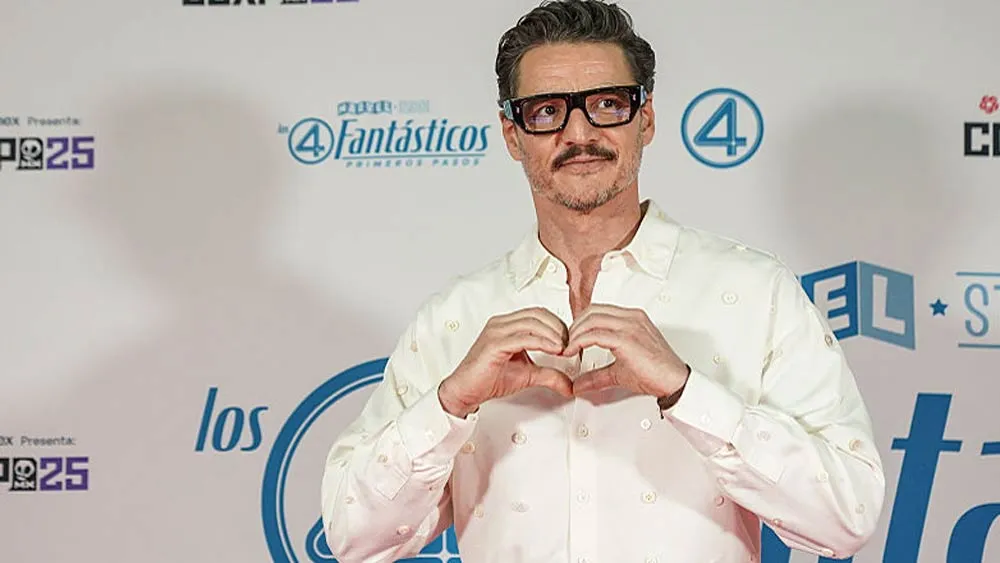May 22, 2024
2024 Cannes Dispatch 4: International Cinema Completes the Cannes Journey
Matthew Creith READ TIME: 5 MIN.
As I entered my last day of the 77th Cannes Film Festival, I was overcome with the feeling that I hadn't seen any movies that completely blew me away yet. Yes, some were intriguing, some were great performance pieces, and some were fascinating additions to iconic filmmakers' work. But, there wasn't anything that made me think outside the box and try to define what this year's Cannes experience would be like.
That changed on my final day at the festival when I got the chance to screen two films in very different sections: "On Becoming a Guinea Fowl" and "Trei Kilometri Până La Capătul Lumii" ("Three Kilometers to the End of the World"). The former competed in the Un Certain Regard category at Cannes, while the latter is currently vying for the coveted Palme d'Or and Queer Palm. Though both were high-profile movies from different countries and genres, they complimented one another in a day filled with cultural change.
A24's "On Becoming a Guinea Fowl" stars Susan Chardy as Shula, a woman living in Zambia who comes across her dead uncle Fred lying in the middle of a road late at night. Immediately the film takes a dark comedy turn as the audience is brought into Shula's world, her many family dynamics, and the cousins, aunts, uncles, and elders who rule the town. But underneath the surface lies something much more sinister, as we learn that Shula's uncle molested her when she was a child and might have been responsible for heinous acts towards other members of her family.
Unsure how to cope with the loss of a family member that others respected, Shula hits a crossroads in the way her family wants to prepare for his funeral. Expected to cry and show remorse in an uncomfortable situation, Shula is met with defiance from her mother and looked down on by those she loves most. It's no secret her uncle was an odd man; in fact, it seems that many of Shula's family members are awkward alcoholics who don't see beyond their own affairs.
However, Shula isn't just navigating misunderstandings in the face of her family's expectations. She's trying to steer a ship of cultural norms and familial infighting that results in her truth not mattering to those around her. Zambian traditions with funerals dictate that indiscretions like her uncle's are frowned upon but easily forgiven, most notably demonstrated during an exchange where the widow must pay the uncle's family for "being a bad wife" and driving her husband to perform such awful acts on children.


